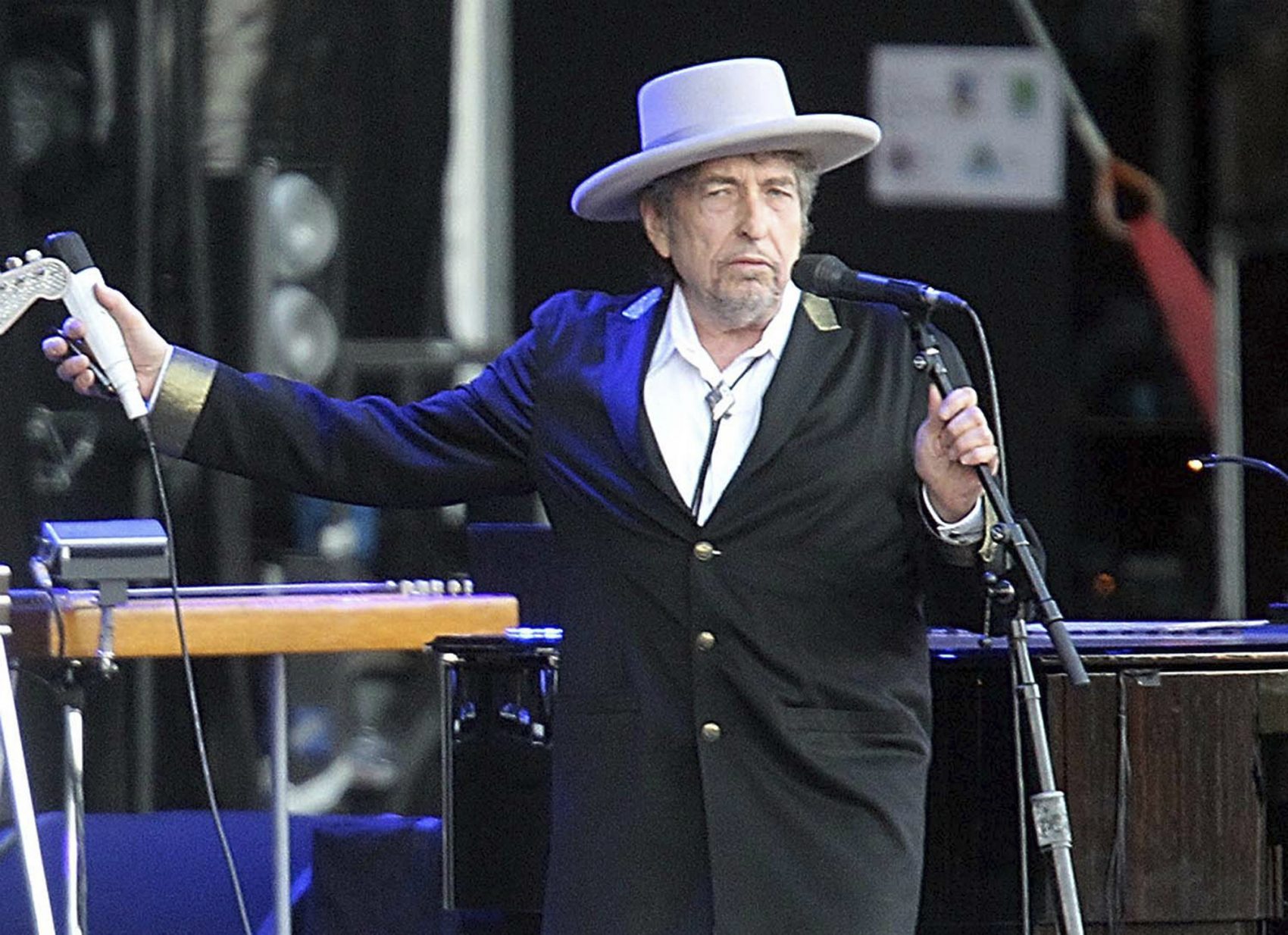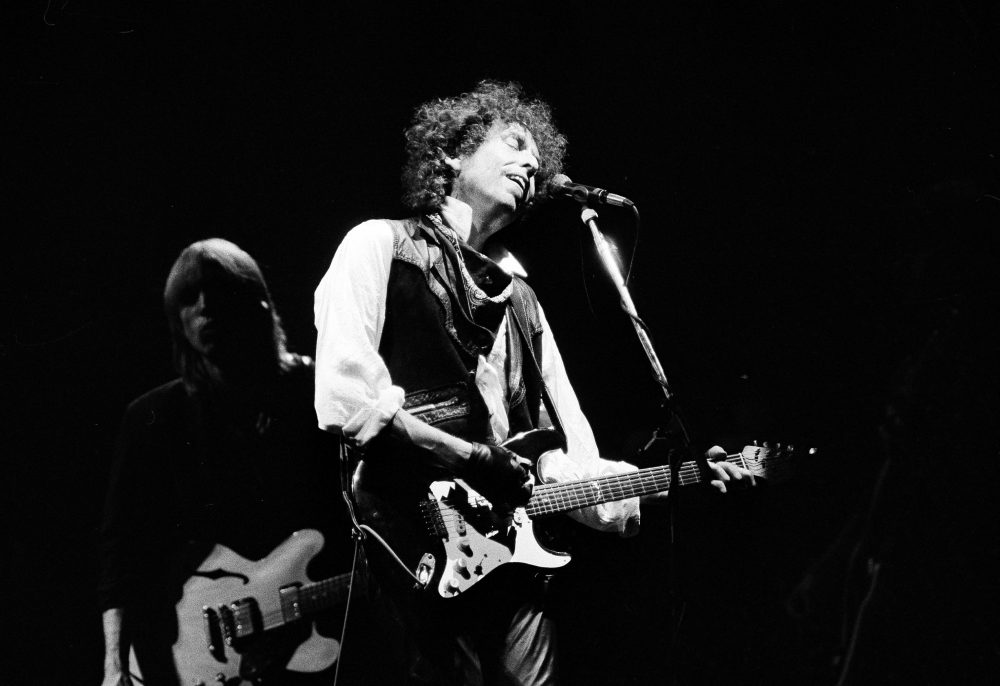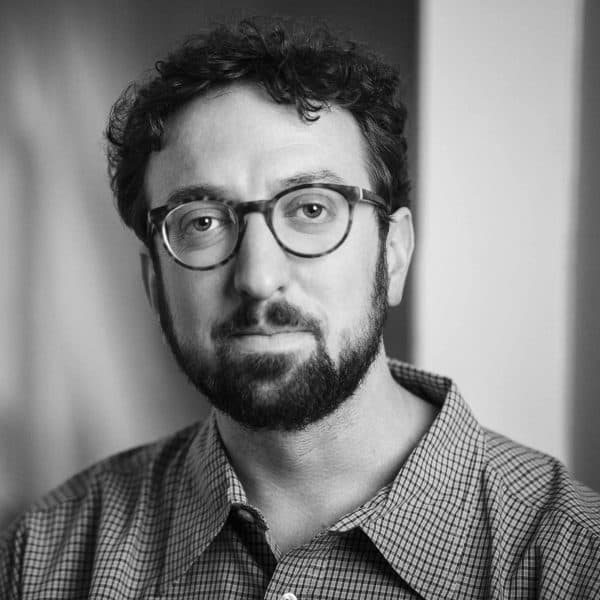Advertisement
Bob Dylan, Nobel Laureate?

I have always loved to read, but I do not put much stock in the Nobel Prize in Literature, and I have always loved to listen to Bob Dylan, but I have never much liked the fans who make up the cult that surrounds him. Both the Nobel Committee and Dylan’s cadre of scholar-followers are a strange and disturbing class of interpreter-gatekeepers. Lying in wait for an acceptable vintage of creative dissidence, they study it to death, and then elevate what they find through their own evangelism. In the brass-tacks terms of good writing versus bad, these people seem incapable of showing what is great; they tell us instead. In a musical sense, they share poorly, do not listen well, and sure as hell can’t dance.
So it is the case that, despite years of preparation for the inevitability that Dylan would receive the Nobel, I am struck by this moment’s resemblance to a good Yiddish parable: Is it a compliment, a joke or a curse? Perhaps it is simply an inevitability and nothing more, a chance to reflect on Dylan for a moment, late in his long career, and explain why I understand all of this nonsense about prizes and the cult of Dylan, but why it is nonsense all the same.
...I am struck by this moment’s resemblance to a good Yiddish parable: Is it a compliment, a joke or a curse?
Dylan is fresh off a concert in Southern California last week where he played with the Rolling Stones, Neil Young, Paul McCartney, the Who and Roger Waters in a fantasy-made-real for aging Baby Boomers looking to contrive some absurd version of their youth. It was nicknamed OldChella, and tickets went for as much as $1,599.
OldChella is a long way from Dylan’s start as one among a cadre of hired hands brought in for the express purpose of clearing out Greenwich Village clubs in between sets by major Beat poets like Allen Ginsberg, Michael McClure and Bob Kaufman in the late 1950s and early '60s.
The biographical tidbits that make up the story in between are the subject of countless commentaries, books and films telling us all why Dylan is important. Ranging from the banal to the offensive, they include insufferable observations on his musically productive relationship with folk icon Joan Baez, all the way to the fact that he recorded a song in 1965 — "Subterranean Homesick Blues" — that lame (and probably racist) white guys will tell you is the first rap song.
The fact of Dylan’s importance seems a given. The issue is that he was unlikely. The unlikeliness of his success is what forms the disbelief of people who find his voice grating, his catalog of songs inconsistent and absurd, his indifference insulting. But the unlikeliness also speaks to why Dylan is a master.
In the hands of others, even his terrible songs can take on an unexpected beauty. His song “Emotionally Yours” is a form of torture to listen to, but put it in the hands of the O’Jays, and it has soul. "All Along the Watchtower" is just about the same. Unexpected and inconsistent, Dylan’s songs have accumulated to genius by hitting listeners and musicians in unlikely ways and at unlikely moments.
Advertisement

As a result, his songs litter the global landscape of music and writing to such an extent that they now tile every inch of it. Perhaps more than any others in our time, Dylan and Ginsberg are responsible, like Whitman and Emerson before them, for shaping our way of speaking to one another in honest, painful, sometimes nastily opportunistic, and occasionally incoherently beautiful ways.
It is a somewhat interesting gift for an inveterate mimic who shows little interest in speaking to his fans, especially the ones who seem always to want more. Even the Nobel award can be read as a somewhat twisted attempt to cajole Dylan into commenting on literature. I hope he says nothing at all, because the fact of the matter is that Bob Dylan has always said enough, if you can shut your ears to the outside commentary and skip past the songs that don’t sing to you.
The unlikeliness of his success is what forms the disbelief of people who find his voice grating, his catalog of songs inconsistent and absurd, his indifference insulting.
Almost daily, I return to his song “The Times They Are A-Changin’” to feel that there is reason to fight for justice in a seemingly hopeless world. The simple fact of the song’s existence is astonishing. In an era where self-contained storybook tunes were one of the last havens for whites to hide from our own American Apartheid, this cold declaration must have sounded like someone had just killed the orchestra on the other end of the radio and told you to give your wallet to the less fortunate before the same thing happens to you.
I have listened to Dylan this way, with this intense devotion, for as long as I can remember. I understand the faith that his genius inspires among his following, and their desire to tell him that they get it, and that they want to thank him. In absurdity, beauty and anguish, I turn to him too. I simply do not understand their expression of faith. It is not simply that he does not seem to want it, but that a lifetime of listening tells me that this award makes no sense. I thank Dylan instead by listening. What else could we possibly do? What could be more important?
I take him at his word.
